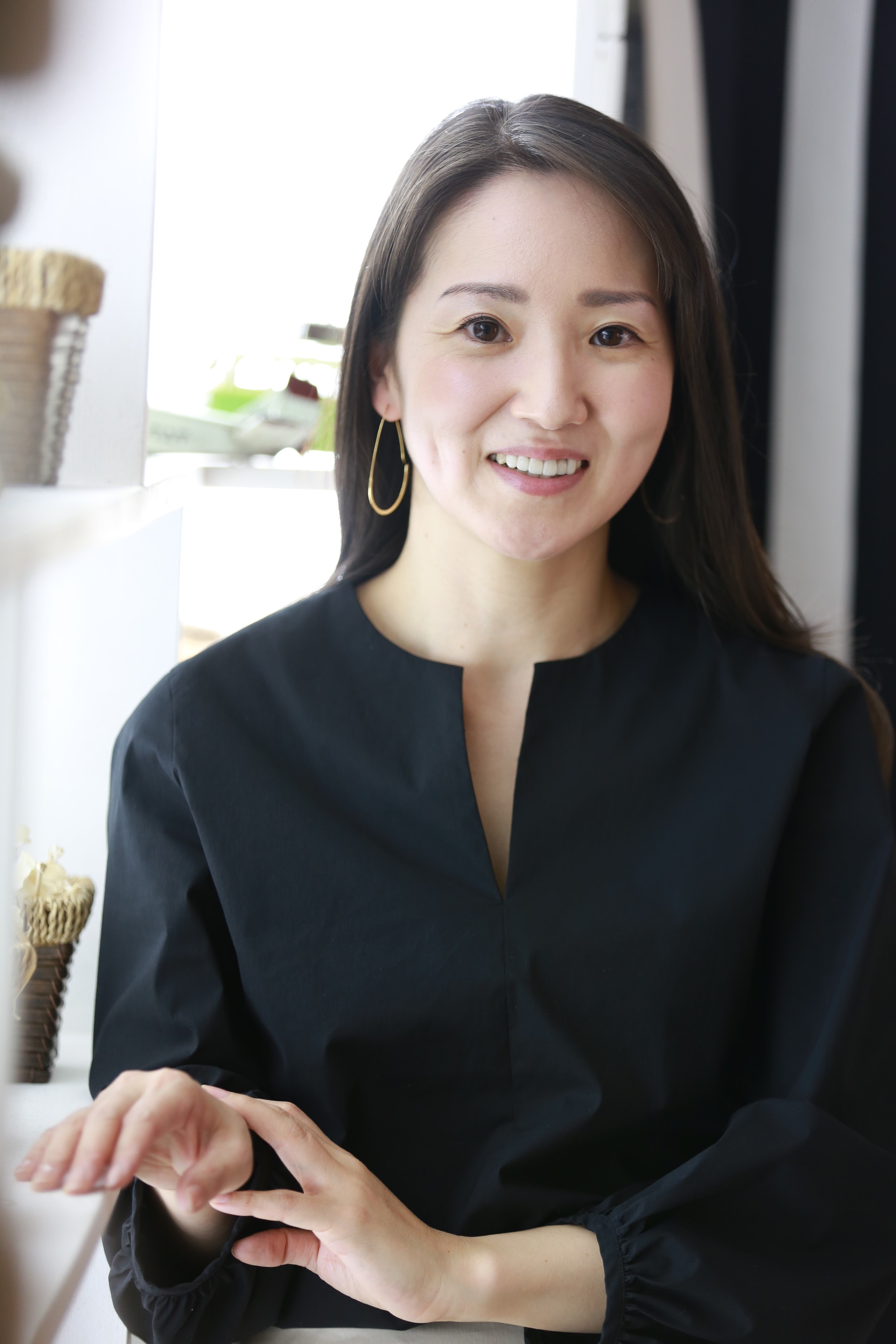 Azusa Suzuki, journalist and London Bureau Chief for Nippon Television, explores the challenges within Japanese journalism, focusing on gender inequality, media influence, and press freedom. Drawing from personal experiences, she examines the barriers women face in the industry, the power dynamics of talent agencies, and the restrictive nature of Japan’s press club system. The talk contrasts Japan’s media landscape with the UK’s approach to investigative journalism and transparency.
Azusa Suzuki, journalist and London Bureau Chief for Nippon Television, explores the challenges within Japanese journalism, focusing on gender inequality, media influence, and press freedom. Drawing from personal experiences, she examines the barriers women face in the industry, the power dynamics of talent agencies, and the restrictive nature of Japan’s press club system. The talk contrasts Japan’s media landscape with the UK’s approach to investigative journalism and transparency.
Expanding beyond journalism, the seminar delves into broader societal issues, including the complexities of global conflicts and the limitations of viewing issues in simple black-and-white terms. The talk explores the power of ambiguity, the importance of considering multiple perspectives, and the need to understand the human stories behind the headlines. She also discusses the role of literature in capturing emotions and ethical dilemmas in ways journalism cannot. Through this seminar, the audience is encouraged to think critically about the intersection of media, culture, and storytelling, and how these forces shape public perception and social discourse.
Please note that at this event Suzuki-san will be speaking from her individual experience as a Japanese journalist and writer, not as a representative of her employer, Nippon TV.
Azusa Suzuki – Journalist & Author
Azusa Suzuki is a journalist, author, and Visiting Scholar at the University of Cambridge. She holds degrees from Waseda University (Literature) and the University of Oregon (Journalism).
She has worked as a correspondent in China, an international news editor, and a documentary producer. She was also an editorial writer at The Yomiuri Shimbun and anchored a live debate program. She is currently the London Bureau Chief of Nippon TV.
Writing as Azusa Mizuno, her novels explore themes of justice, identity, and social issues. Her work The Gray Forest was nominated for a prestigious Japanese literary award. Other notable works include The Place Where Butterflies Sleep and The Nameless Child.
